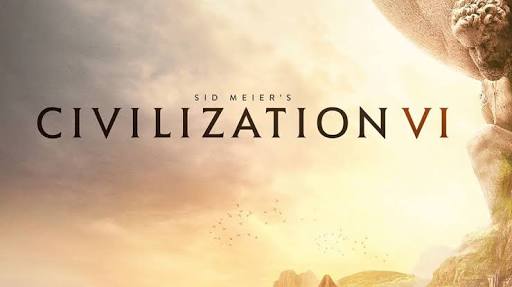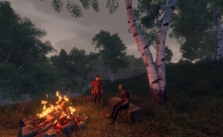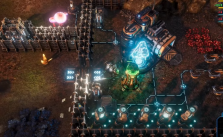Civilization VI – Gathering Storm – Tips & Tricks for Beginners
- Keep moving at all times. If you don’t understand what’s around you, then you can’t possibly begin to make intelligent decisions about how to act in unison with and react to the world around you. You start each game with a warrior unit, which you should use to uncover the map while you wait for your first scout to be trained.
As soon as your first city is founded, it’s getting that scout into play that should be top of your agenda, so make sure to select one as your first construction choice. Once ready, it makes sense to keep your scout exploring forever – or at least keep them going until they die at the hand of a barbarian or enemy. Start with getting to know the area around your city first so that you can be sure you’re taking advantage of your nearby natural resources, and then set off to navigate the globe.
- City-states can be valuable allies. Early on, the first non-barbarians you are likely to encounter are AI-driven city-states. You can be the neighborhood bully and take them by force. Or, if you are looking for a peaceful relationship, you can build trade routes, send emissaries, and foster a relationship.
Every envoy you send contributes to city-state-specific bonuses. This helps you target which is most important to your victory condition.
More importantly, if you’ve got the most influence, you can temporarily command the city-state’s military forces. If you find yourself in a bind, this can be a good way to discourage enemies from stepping over your border.
- Build More Cities. You might feel like you can rule the world with just one mega-city. You would not have to deal with handling multiple cities, especially during times such as bankruptcy or war; you wouldn’t have to spend time putting resources into the new cities, etc., etc. However, it is advised to build at least two more cities besides the Capital that you start out with. The reason for this is handling multiple cities is not very difficult. If you keep your cities close together and not too spread out, you can almost have a string of cities that feel like a single, large city. As for the resources, new cities don’t take up that many resources, and they also allow you to trade between your own cities once you have multiples, giving back resources that you would have spent on creating the cities. If you are going for a Domination Victory, they allow you to spread your ruling territory and also give your Capital an extra layer of defense during times of war. There are very few downsides to building cities and many upsides to doing so.
- Make food production an early priority. Your civilization needs food to stay healthy and encourage growth, so making the provision of it the focus of your early research and building efforts makes sense. Plus, if you can establish a strong food production foundation early on then, you’ll reap the rewards down the line when your population grows, and sustenance needs greatly increase.
Animal Husbandry and Pottery are good early research options as they allow you to harvest both plants and animals for food and neither take too many turns to research. Additionally, they unlock the ability to build granary and pastures – both essential for large-scale food production. Which of the two you choose to unlock first will depend on the available resources around your first city.
- Be very careful about going to war. Advising caution in war sounds obvious, but it’s simply too important an issue to pass over. Before you even think about attacking another civilization, you should make sure you’re educated in who is allied with whom, what kind of military each party has, who is leading the rich list, and exactly what your long-term strategy of success is built upon. Suppose you’re seeking to play a warlike game from the outset. In that case, it can pay to focus on military research early in your campaign and attack others early before they’ve had the chance to develop their technology and form alliances. If you’re thinking about war, having spent the previous 200 turns focused solely on science and culture, then do not, under any circumstances, start a conflict until you’ve spent many, many subsequent turns building a military.











